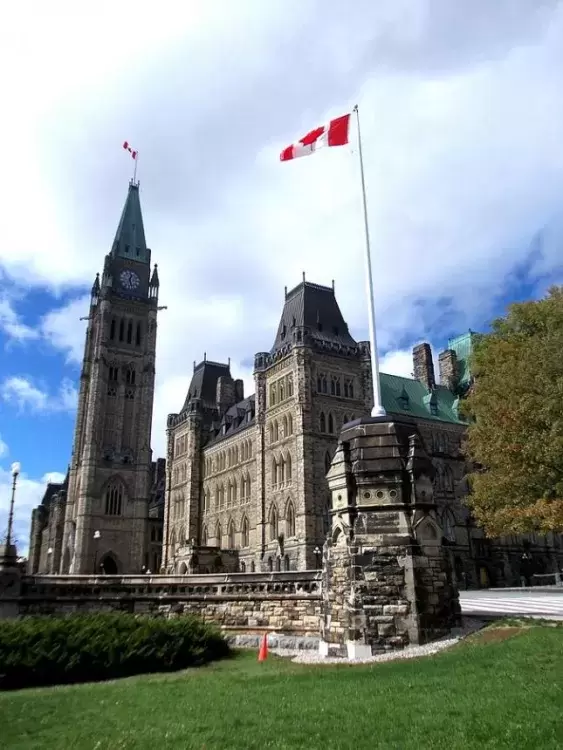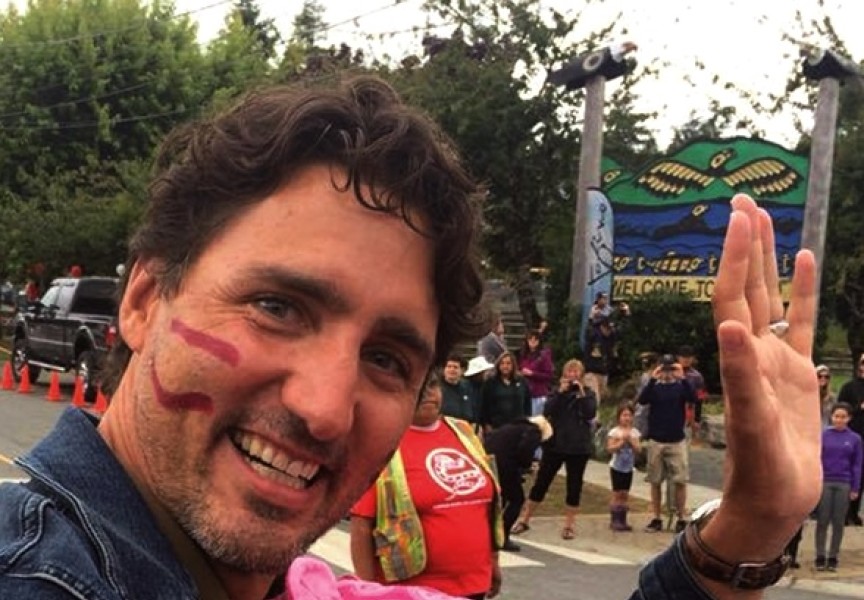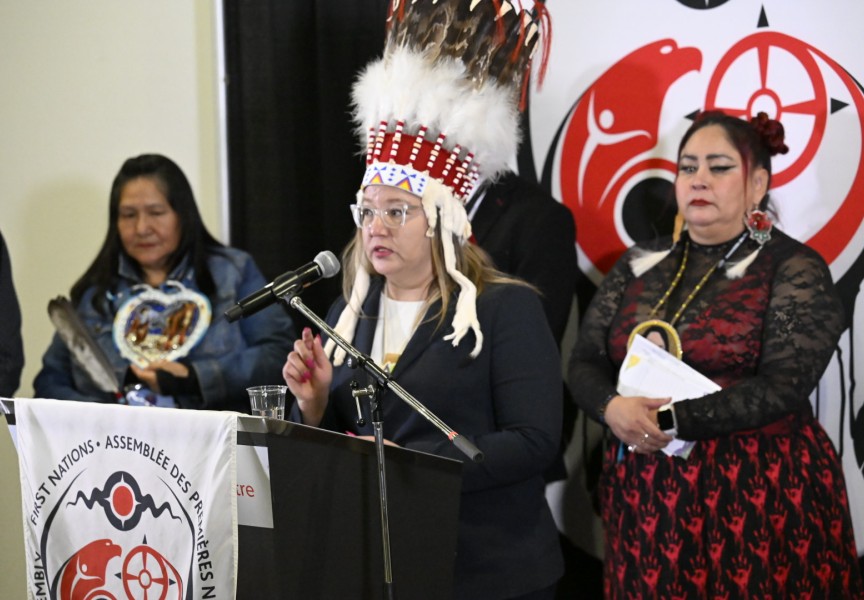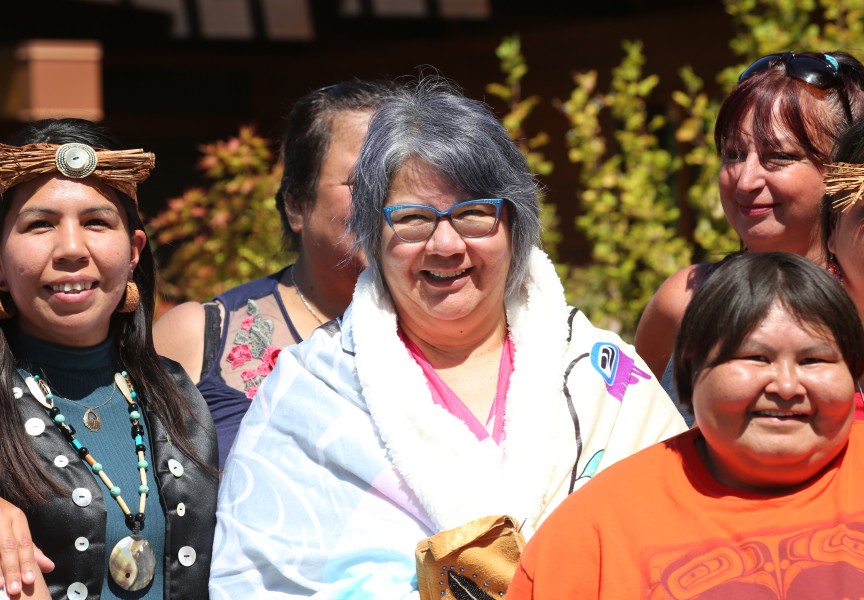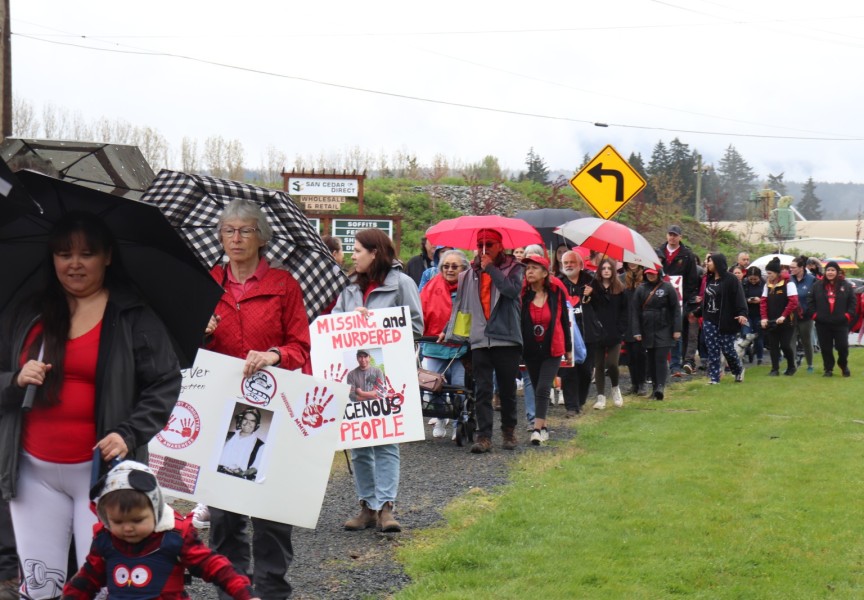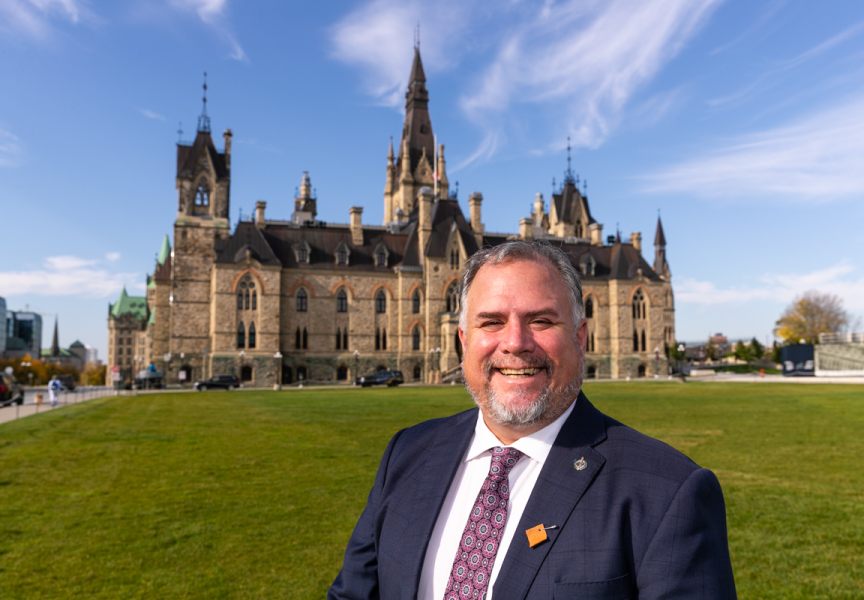NTC vice-president Ken Watts said the recent move to break up the Aboriginal/Indigenous Affairs ministry into two separate ministries is a good sign.
"Previously, Minister Carolyn Bennett was the minister responsible for a lot of things – look at just the programs and services area of INAC – it's huge,” he said. “But now that we're looking at reconciliation with First Nations, and title and rights – whether that's treaty negotiations back east, or new arrangements or agreements here on the Coast – that in itself is job enough for one person. It's a good sign that the Crown wants to have a Nation-to-Nation relationship."
The federal government announced the change in August, breaking Indigenous and Northern Affairs Canada into two separate ministries. Pending legislative approval from Ottawa, these new departments would be Crown-Indigenous Relations and Northern Affairs led by Bennett, and the Ministry of Indigenous Services.
Watts said this would take on great importance in B.C., where there is a hodge-podge of non-treaty, historic treaty, modern treaty and treaty-in-progress territories. Then there are the ongoing fisheries issues such as the R. v Ahousaht court case.
On the services side, Watts said former Health Minister Jane Philpott has a great deal of experience in working with health service delivery to First Nations across Canada, so her appointment is another good sign that Ottawa is serious about bringing about change, he believes.
"I think it was a step forward," Tseshaht Chief Councillor Cynthia Dick said. "I know it's been a long time coming. I think we have to realize that, even the small steps forward are steps forward. And I really appreciate that they [Canada] acknowledge that the goal is to have First Nations/Indigenous Peoples work towards self-government and self-determination."
Huu-ay-aht Elected Chief Robert Dennis Sr. agrees.
"This is something that has been called for for quite some time," he said.
Dennis said Huu-ay-aht has created an independent study on social services and the care of Huu-ay-aht children, as part of a greater project.
“We are going to ask Canada to work with us to prevent Huu-ay-aht children from being taken away and put into homes where they don't have any connection with the nation,” he said.
That dialogue would be part of a larger working group to create policy for all of Canada’s Indigenous Peoples, he explained. Creating a dedicated ministry provides a more direct path to ministerial action.
"I think this will bode well, for example, for our social services project. This will enable the ministry to focus on that. I think, across Canada, it's a really big issue – certainly, in B.C. it is a big issue.”

